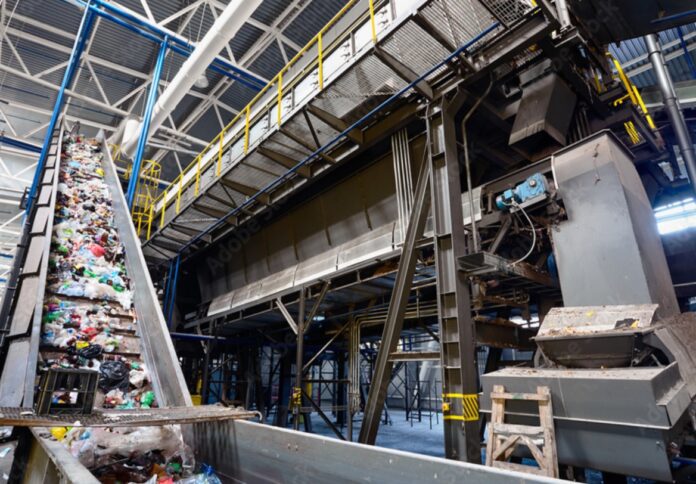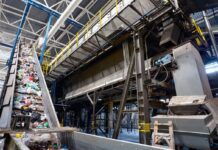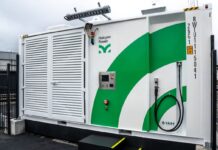
The Waste Management and Resource Recovery Association of Australia (WMRR) is urging all Australian Environment Ministers to implement a mandatory, fully funded, and regulated national extended producer responsibility scheme for soft plastics.
In a press release, the association emphasised the scheme will place precise and enforceable requirements on the producers and manufacturers of this material.
Gayle Sloan, CEO of WMRR, said the association “does not deny that there have been significant challenges in dealing with soft plastics, which is why strong action needs to be taken now.”
“As the Australian Packaging Covenant Organisation (APCO) noted in its 2020 Roadmap, developing a circular economy for soft plastics is hampered by the material’s diversity, complexity, single-use nature, and low market value. Phasing out or redesigning problematic formats is an important part of the solution,” Sloan explained.
WMRR cited the National Plastics Recycling Scheme (NPRS) for soft plastics from the Australian Food and Grocery Council (AFGC).
“This scheme, despite all the noise, simply seeks to have the council-funded kerbside system turned into the primary collection mechanism for soft plastic packaging in Australia. The NPRS does not constitute an EPR scheme as it fails to create a comprehensive approach that addresses the full life cycle of plastic,” Sloan noted.
The WMRR CEO described the said scheme appearing as a “product stewardship” just in name, with councils being asked to shoulder much of the cost and risk.
Members and other producers of soft plastics are not subject to any specific or enforceable requirements under the AFGC’s proposed NPRS.
Similar to the REDcycle program, the association said participation in this scheme would allow AFGC members to promote their environmental credentials without being held accountable for the materials gathered through the scheme.
For instance, Sloan argued that producers are not required to use Australian recycled content collected through the program or follow the CEFLEX design standard.
The most difficult and challenging aspect of the system, namely the creation of demand and end markets for the Australian collected waste, is not addressed by the scheme, nor does it establish national infrastructure for reprocessing, according to Sloan.
WMRR is now calling on all environment ministers to join forces to address the entire system and avoid repeating the mistakes of the previous Commonwealth governments.
The association said it aims to prevent concentrating solely on the collection systems with little or no attention paid to waste avoidance and minimisation during the design and production phases, end market development, or the use of Australian recycled materials.



















